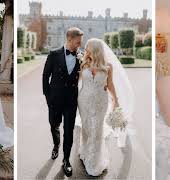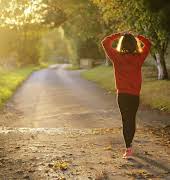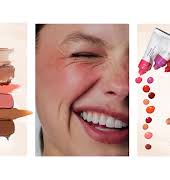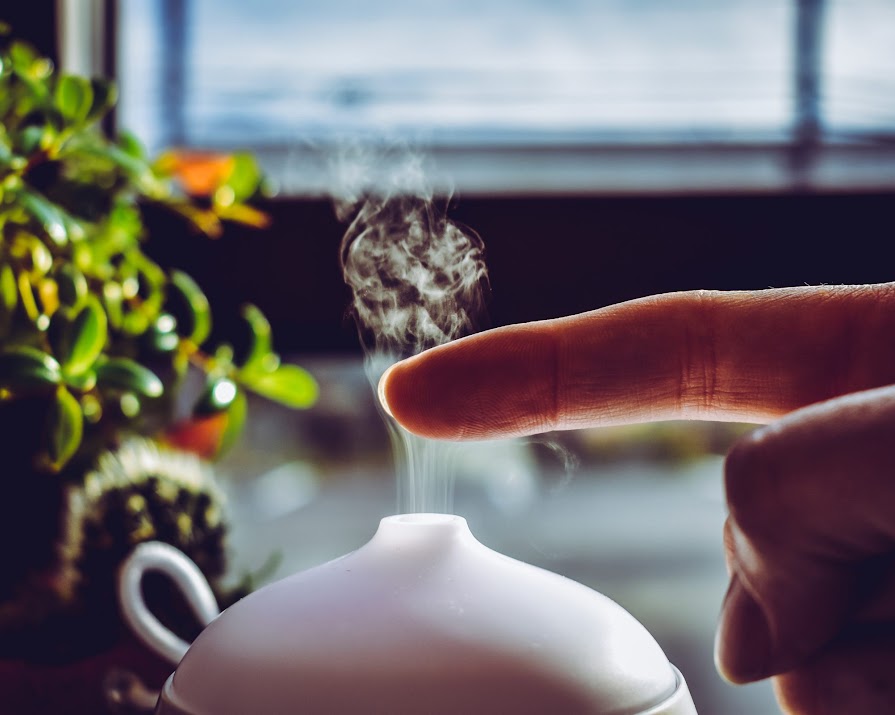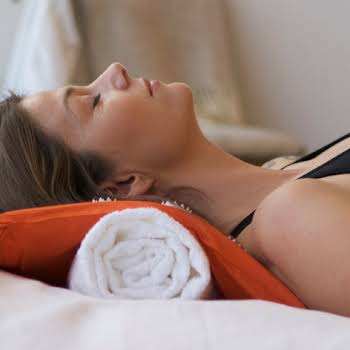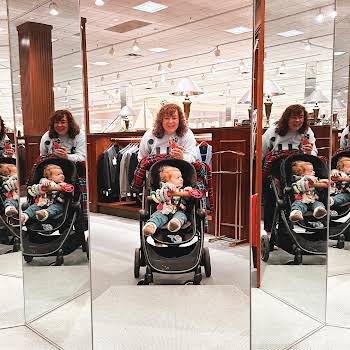By Ciara O'Loughlin
04th Jul 2019
04th Jul 2019
Essential oils can be used in many ways and not all are recommended by the professionals. Ciara O’Loughlin speaks to Aileen Durkan, from the Dublin Holistic Centre, about aromatherapy.
A couple of months ago I was having trouble sleeping, so multiple people recommended aromatherapy diffusers to me. I bought one, along with some lavender essential oil, and it has been a life-saver. Although I’m unsure if it’s the properties of the lavender oil helping or just the general calm the multi-coloured lamp brings me, I was curious to discover what it’s all about.
What is aromatherapy?
The National Association for Holistic Aromatherapy (NAHA) defines aromatherapy as “the therapeutic application or the medicinal use of aromatic substances (essential oils) for holistic healing”.
Essential oils are concentrated liquids containing extracts from plants. The oils capture the scent of the plant along with the flavour, also called its “essence”. Although a fairly new phenomenon for western society, they have been used for almost 6,000 years in Egypt and India.
There are many different ways to reap the benefits of aromatherapy including oil burners, aromatherapy massage, the topical application of essential oils, aromatherapy vapes, nasal inhalers and diffusers.
“Diffusers are definitely the most popular way at the moment,” says Aileen Durkin, from the Dublin Holistic Centre.
“Oil diffusers used to be, but the issue with them is that when essential oils are heated up their chemical compound is changed. So, with them, you get the nice smell but you’re not actually getting any therapeutic benefits.”
Each essential oil carries with it different health benefits. They claim to help with a number of things from pain and body aches to anxiety, stress, menstrual problems and menopausal issues.
Lavender, according to Aileen, is the most popular.
“Lavender is used quite often for relaxation and insomnia. It’s also anti-bacterial and antiseptic so it can be used to help heal cuts and burns.”

Image: Drew L via Unsplash
However, when using topical forms of essential oils it is advised to be very careful. Aileen explains that only a tiny bit of oil should be placed on a cut or burn and that an excessive amount can cause an adverse effect.
You should be well informed about the oils because there can be effects people don’t always expect.
“There are certain oils that reduce blood pressure, so if you have blood pressure that could make you a little dizzy.
“There are also certain oils that shouldn’t be used during early pregnancy, such as lavender.”

Image: Christin Hume via Unsplash
Aromatherapy vapes
Essential oil vapes are the newest gadget in the aromatherapy world. They are small sticks which look like plastic cigarettes and are filled with a mixture of essential oils, vegetable glycerin and water.
They differ from normal vapes as they do not contain nicotine. Their intended use is also not for people trying to quit smoking, but as a way to relax and ingest the benefits of essential oils.

Image: Monq via Instagram
Aileen says that she cannot recommend or dismiss these vapes because there just hasn’t been enough research on them. However, she does think that because they use heat, it will strip the oils of all therapeutic value.
“The overuse or continued use of aroma vaping could lead to side effects like inflammation of the gums and mouth, the trachea and the lungs,” she says.
“There may be some benefit to aroma vaping to aid recovery from colds/flu for short-term therapeutic use, but again there is really not enough research done to confirm any benefits of aroma vaping” she adds.
So, if you’re looking to try aromatherapy maybe start off with a diffuser, or get yourself booked in for a nice relaxing aromatherapy massage.
Featured Image: Chris F via Pexels
Read more: Women deserve better than dinosaur GP’s when it comes to their health
Read more: ‘There were days I worried so much, I made myself physically sick’
Read more: Want to give your skin a boost? Five reasons Turmeric will help




